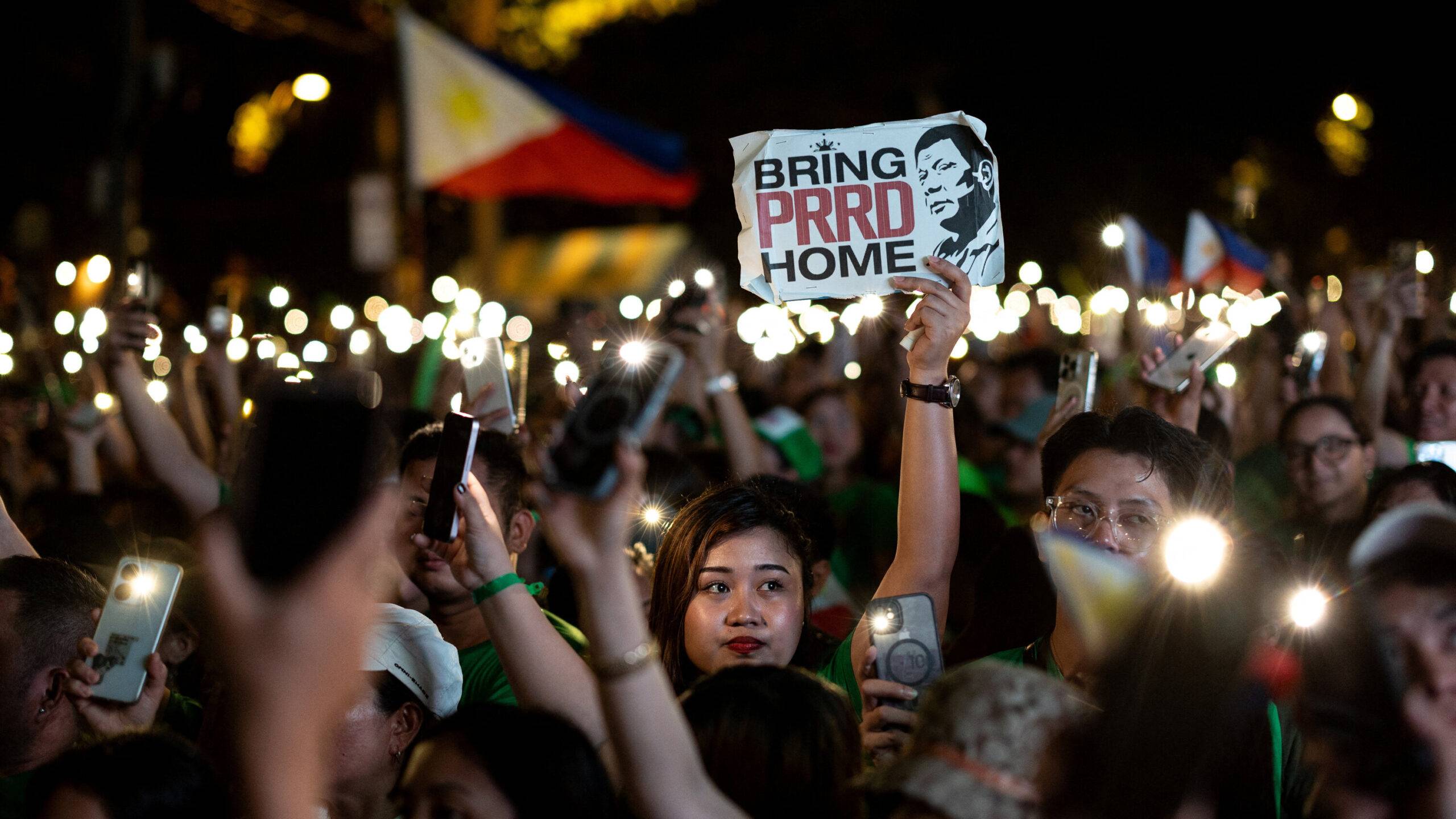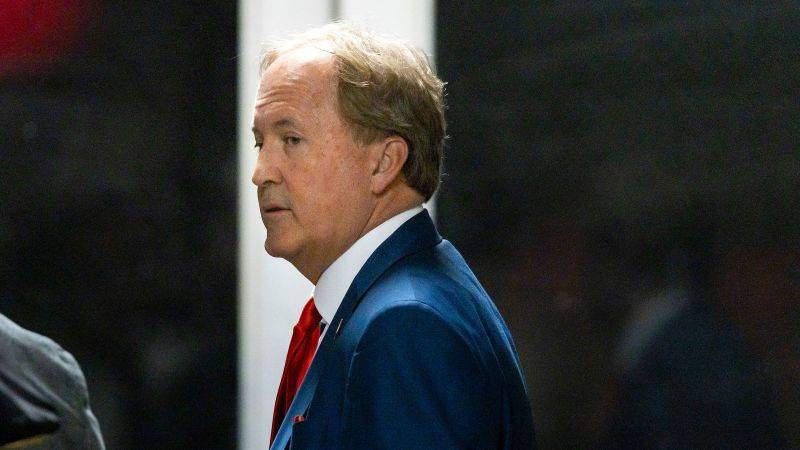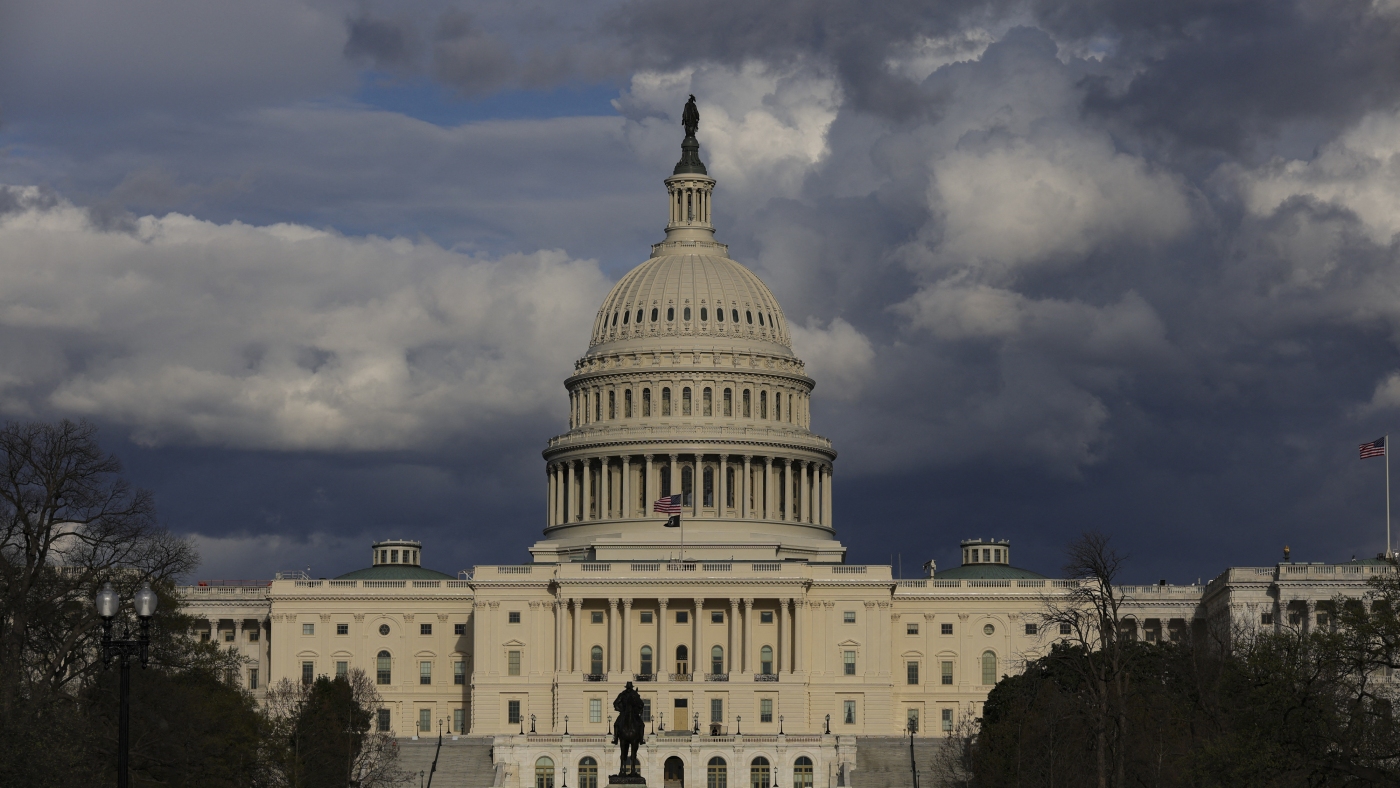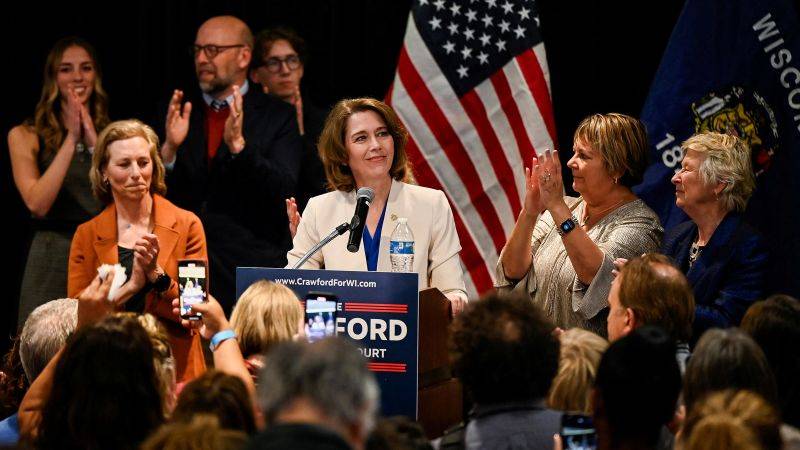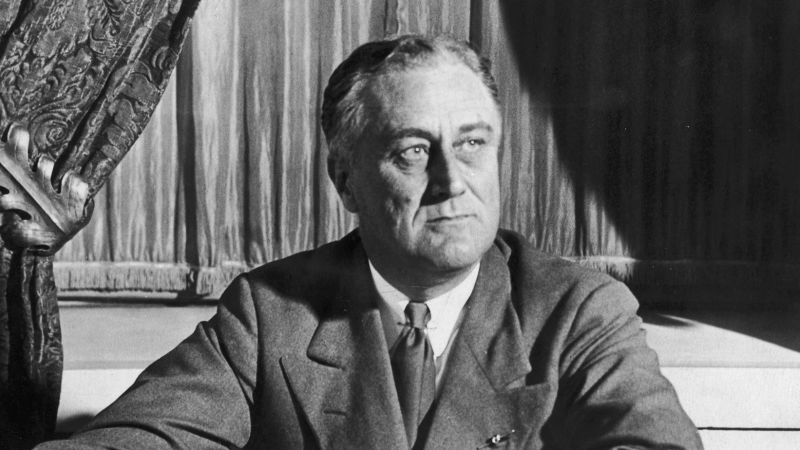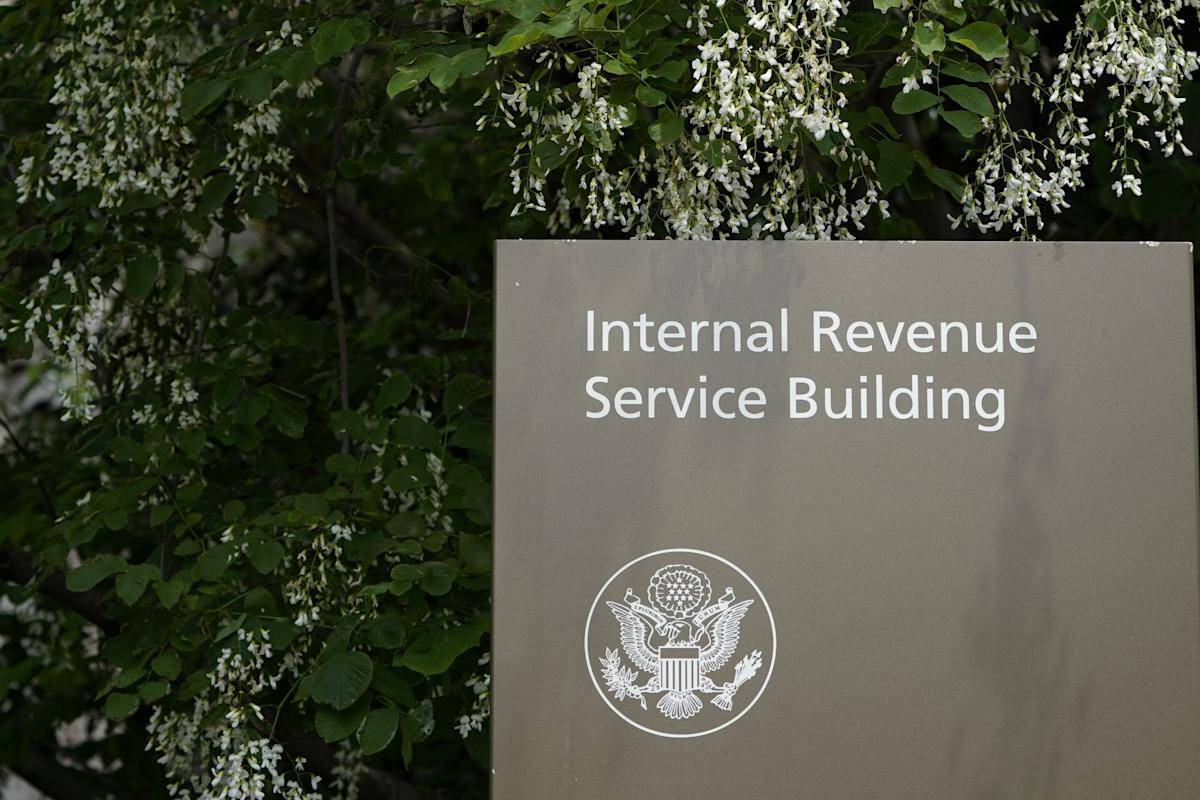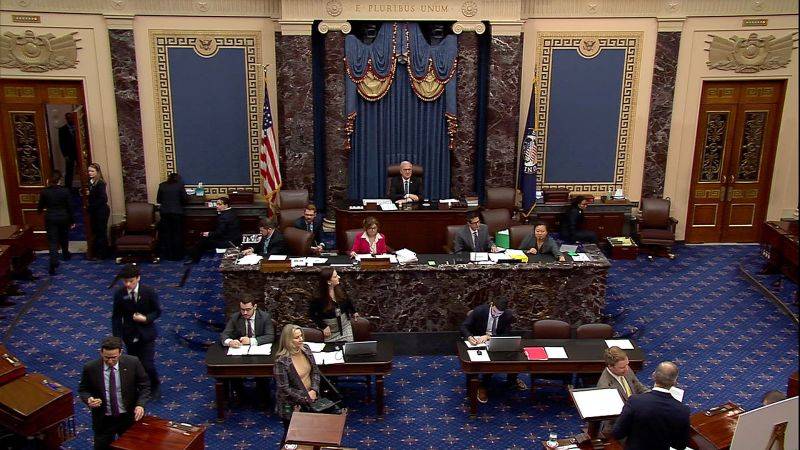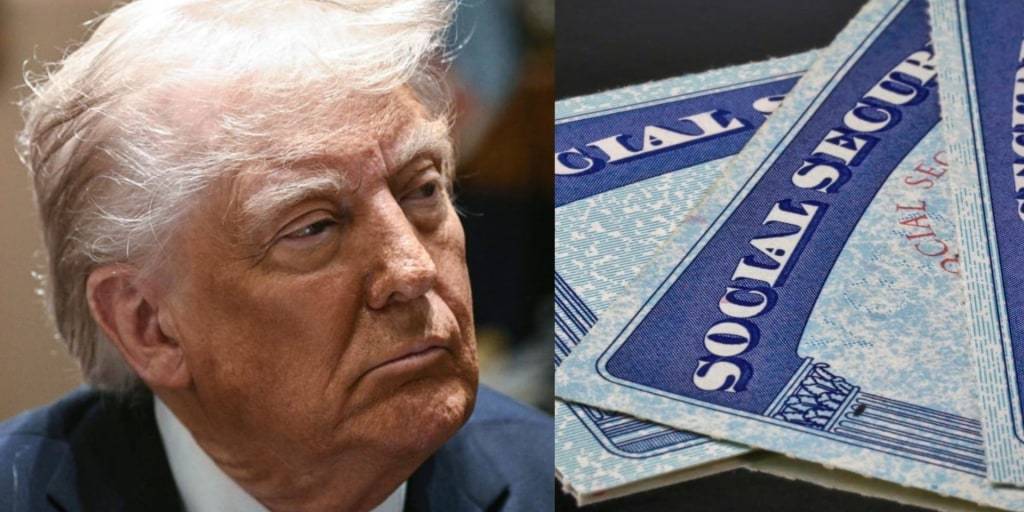Rodrigo Duterte, the former President of the Philippines, has been making headlines as he seeks a political comeback. Despite international attention on his controversial policies, including the “war on drugs,” Duterte remained a significant figure in Philippine politics until his recent arrest. Here’s a deeper dive into his political maneuvering and the challenges he faces.
Duterte’s political resurgence gained momentum in October 2024 when he announced his candidacy for mayor of Davao City, a position he held for many years. This move was seen as a strategic attempt to solidify his regional influence. However, his political ambitions were complicated by his arrest on March 11, 2025, under an International Criminal Court (ICC) warrant for alleged crimes against humanity during his presidency. The ICC indicted him for murder as part of those crimes.
The ICC investigation focuses on the thousands of extrajudicial killings during Duterte’s tenure. A significant portion of these took place while Duterte was leading the Davao Death Squad and later as President of the Philippines. Despite these challenges, Duterte’s appeal to Filipinos remains strong. His tough stance on crime has been popular, with 82% of Filipinos surveyed supporting his violent anti-drug campaign in 2018.
In a recent press conference, Duterte warned criminals and drug dealers that they would face severe consequences if he became mayor again, further emphasizing his hardline approach. However, his arrest and subsequent trial in The Hague may complicate his political comeback efforts. Recent polls show that the Marcos administration holds an edge over Duterte-aligned candidates, but his loyal base remains a powerful force in Philippine politics.
Duterte’s return to politics is also marked by family dynamics. His daughter, Sara Duterte, held significant political positions but faced challenges due to her association with the Marcos regime. Despite these complexities, the Duterte family maintains a strong following, and his allies continue to rally in his support.
As Duterte faces trial in The Hague, his initial appearance was scheduled for March 14, 2025. This marks a significant development in international justice and highlights the ongoing debates about political accountability in the Philippines. While Duterte’s legal woes deepen, his political legacy and ongoing support reflect the complex dynamics of Philippine political culture.
For more analysis on political developments in the Philippines, you can visit our Epochedge Politics section. Additionally, high-authority sources like the International Criminal Court provide detailed information on the legal proceedings against Duterte.

